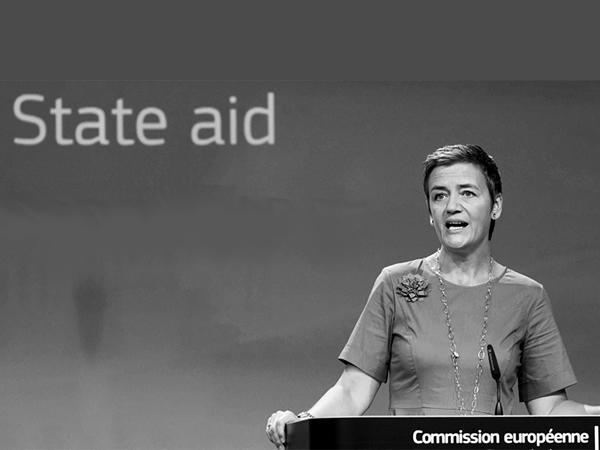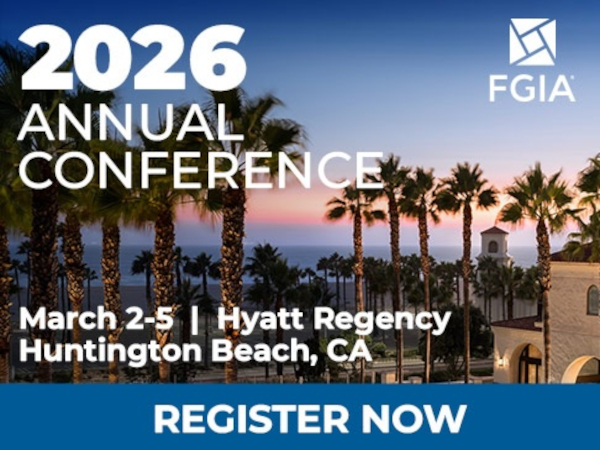
Photo source
Magrethe Vestager | glassforeurope.com
Date: 21 February 2020
On Wednesday 19, in the context of the revision of the ETS State aid guidelines, Glass for Europe commented on the newly proposed eligibility criteria and European Commission’s assessment methodology.
Glass for Europe believes that the flat glass sector should qualify as a sector at risk of carbon leakage due to indirect emission costs and should be eligible for state aid compensation.
In its contribution, Glass for Europe explains why both the criteria and methodology are not fit for purpose:
- The quantitative eligibility criteria should be based on a unique criterion, i.e. the indirect carbon leakage indicator, to be coherent with the EU ETS Directive and the definition of risk of carbon leakage.
- Data used for the assessment of risk of carbon leakage must strictly match the perimeter of ETS activities. When NACE-4 data do not allow a distinction between ETS and non-ETS activities, a more disaggregated assessment should be realised.
- Qualitative assessments should be possible for those sectors mis-represented by a NACE 4 quantitative assessment.
Read the full Contribution to the revision of the ETS State aid guidelines
 600450
600450
glassforeurope.com
2020-02-21T08:04:50
Glass for Europe’s contribution to the revision of the ETS State aid guidelines
glassonweb.com 








Add new comment